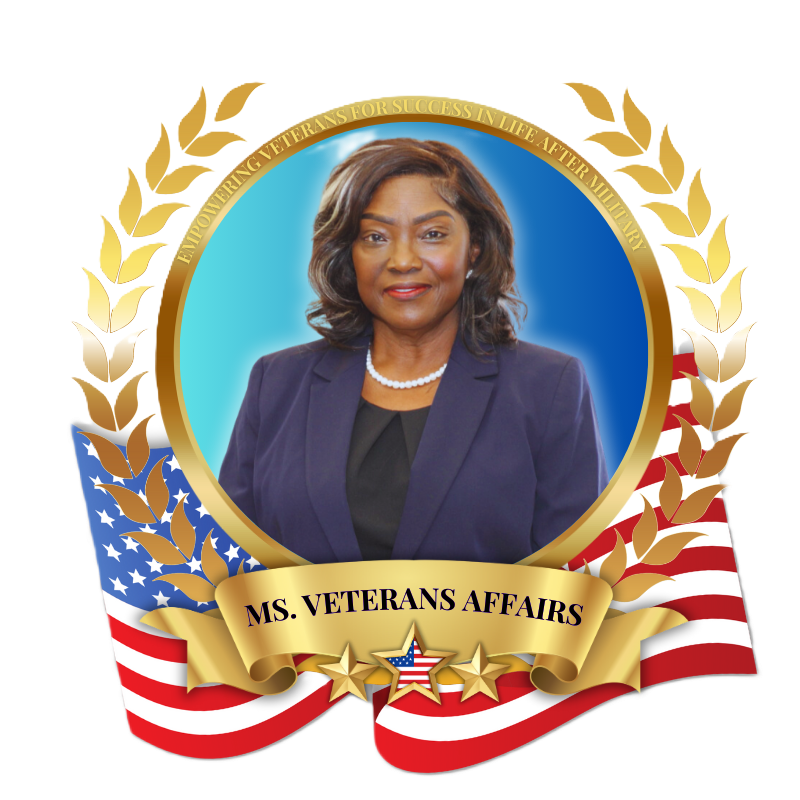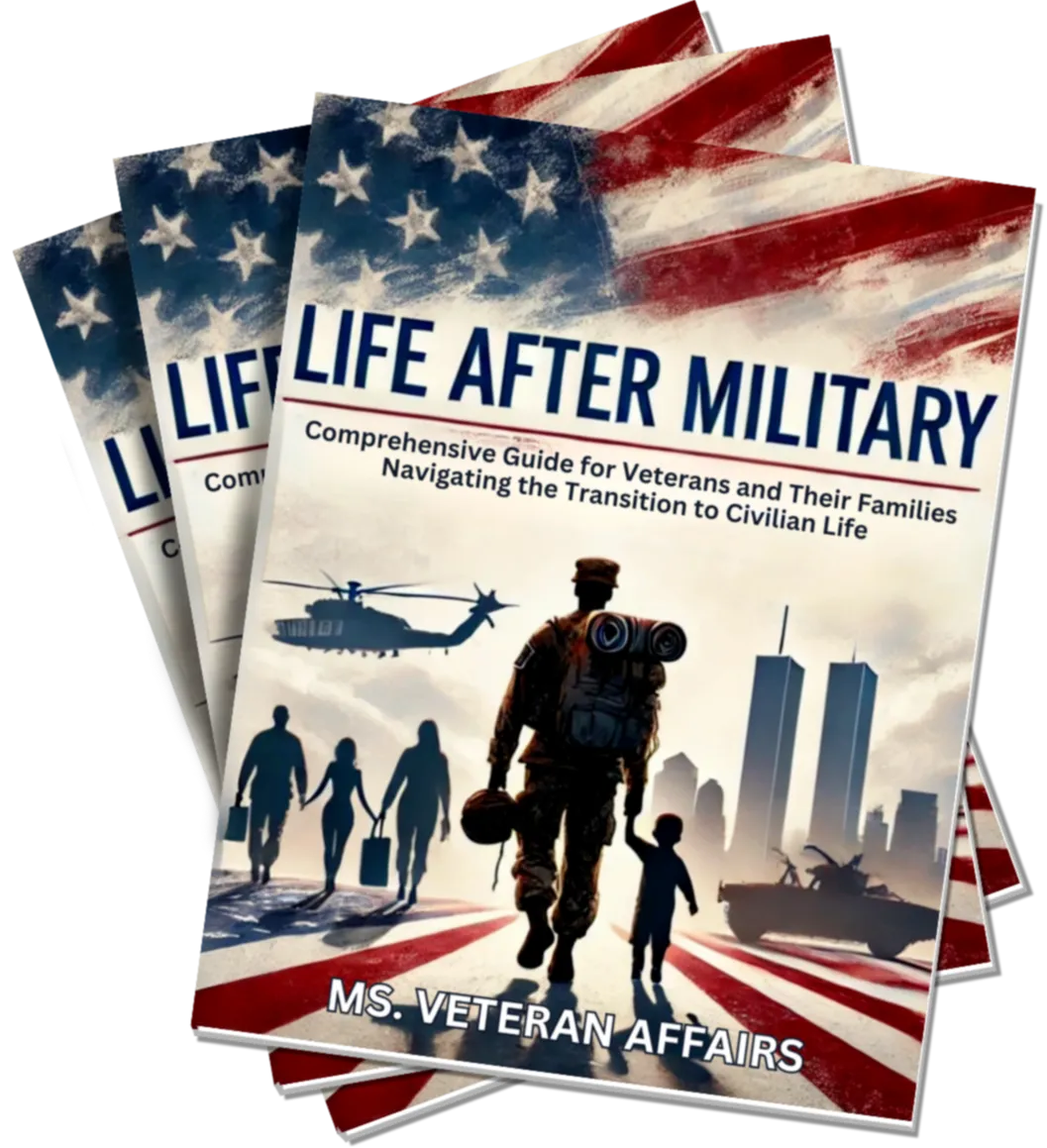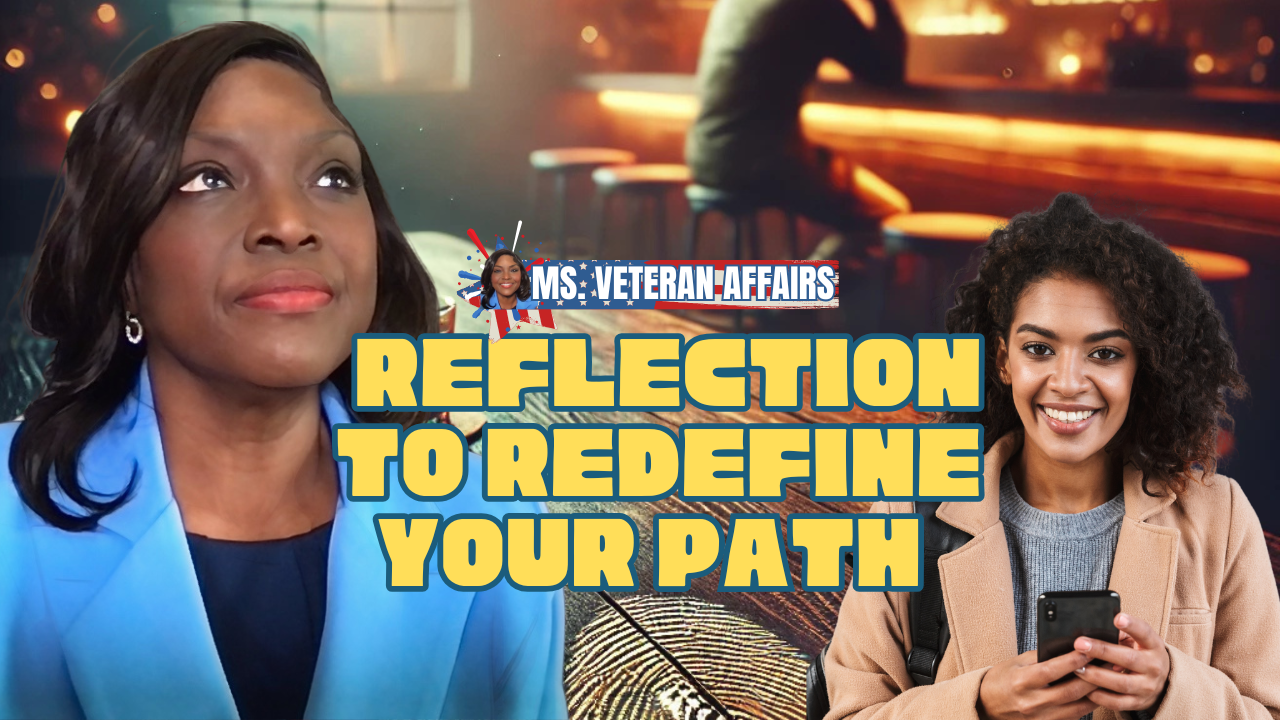Overcoming Mental Health Challenges: Lorenzo’s Journey
May 20, 2025
 Ms. Veteran Affairs on Overcoming Post-Military Mental Health Challenges
Ms. Veteran Affairs on Overcoming Post-Military Mental Health Challenges
Lorenzo had seen enough in his years of service to last a lifetime. The constant motion, the adrenaline, the camouflaged uniforms—it was all part of who he was. But now, out of the military and back in civilian life, everything felt unfamiliar. And the toll it had taken on his mental health was weighing him down more than he could ever have expected.
It was during a VA benefits appointment, five years after he left the service, that he first met Ms. Veteran Affairs. The appointment had nothing to do with mental health at first; it was about getting his benefits in order. But it quickly became clear that Lorenzo was struggling with more than just paperwork.
Recognizing the Signs
When Ms. Veteran Affairs walked into the office, she noticed Lorenzo immediately. His posture was tense, his eyes darting around the room as though on high alert. He wasn’t saying much, and he seemed to be trying to avoid making eye contact.
She approached him gently, starting the conversation with small talk about the benefits process, but it didn’t take long before he opened up about the weight he had been carrying since he left the military.
“I don’t feel like myself anymore,” he confessed, his voice barely above a whisper. “I don’t know how to deal with... all the stuff that’s been building up.”
Understanding and Acceptance
Ms. Veteran Affairs nodded, recognizing the familiar signs of someone who had been struggling with post-military mental health challenges. She knew the look, the feeling. It was the invisible burden of PTSD, the adjustment to civilian life, and the stress of carrying those memories alone.
“Lorenzo, it’s okay,” she said softly, “You don’t have to handle this alone. Recognizing that something’s wrong is the first step. A lot of veterans feel the same way. You’re not broken—you’re just adjusting.”
She reassured him that his feelings were valid. He wasn’t alone in this, and there were paths to recovery, even when it seemed overwhelming.
Finding the Right Support System
Over the next few weeks, Ms. Veteran Affairs worked with Lorenzo, not just on his benefits, but also on connecting him with resources to help him heal. She helped him understand that seeking professional help was a brave and necessary step, not a weakness.
Together, they built a support system: a network of professionals, friends, and fellow veterans who had walked a similar path. They worked on getting Lorenzo into therapy, connecting him with a counselor who specialized in veterans' mental health.
“Lorenzo, you deserve to have peace in your life,” Ms. Veteran Affairs told him. “It might take time, but with the right support, you can find your way back to a place where you can thrive again.”
Developing Coping Mechanisms
As their meetings continued, Ms. Veteran Affairs shared practical coping mechanisms with Lorenzo—simple but powerful strategies to help manage stress and anxiety. From grounding techniques to breathing exercises, she showed him how to reset his mind and body during overwhelming moments.
“Whenever you feel yourself getting overwhelmed,” she said, “try grounding yourself in the present. Focus on your surroundings, your breath—bring yourself back to the here and now.”
The Power of Self-Care
Finally, Ms. Veteran Affairs talked to Lorenzo about the importance of self-care. She reminded him that taking care of his mental health wasn’t just about going to therapy—it was also about ensuring he was physically and emotionally well.
“Make time for yourself,” she encouraged. “Whether it’s going for a walk, reading a book, or just sitting in silence—whatever helps you feel connected to yourself.”
A Journey Towards Healing
Lorenzo’s journey wasn’t immediate, and it wasn’t easy, but over time, he began to notice changes. His anxiety decreased, and his sleepless nights became less frequent. He learned to accept his struggles as part of his story, but not the defining factor of who he was.
Ms. Veteran Affairs remained a constant source of support and guidance, helping Lorenzo navigate the complex layers of post-military life, and reminding him that healing was a journey—a journey he no longer had to walk alone.
Key Takeaways:
- Recognizing the Signs – It’s okay to acknowledge when things aren’t right and seek help.
- Building a Support System – Finding the right professional help and a community of understanding people is crucial for healing.
- Developing Coping Mechanisms – Simple, grounding techniques can help manage stress and anxiety.
- Seeking Professional Help – Therapy and counseling are important steps in navigating mental health struggles.
- Prioritizing Self-Care – Physical health and emotional well-being go hand in hand with mental recovery.
Through the guidance of Ms. Veteran Affairs, Lorenzo learned that recovery was possible, and more importantly, that he didn’t have to walk the path alone.
Discussion Questions
- What are some signs that indicate a veteran may be struggling with mental health challenges after leaving the military? How can we help recognize those signs early?
- Why is it important for veterans to build a support system of professionals, family, and fellow veterans? How can someone begin to create that network if they feel isolated?
- What are some practical strategies that veterans can use to manage anxiety or stress in their daily life? How can these be adapted to suit individual needs?
- What role does therapy play in a veteran’s mental health recovery? How can someone overcome the stigma associated with seeking professional help?
- How can self-care activities like exercise, hobbies, or relaxation techniques contribute to a veteran’s emotional well-being? Why is it important to prioritize these activities?
Join our community today!
Gain fresh insights every week—concise, impactful lessons designed to elevate your thinking, enhance self-awareness, and empower purposeful growth.
We hate SPAM. We will never sell your information, for any reason.












